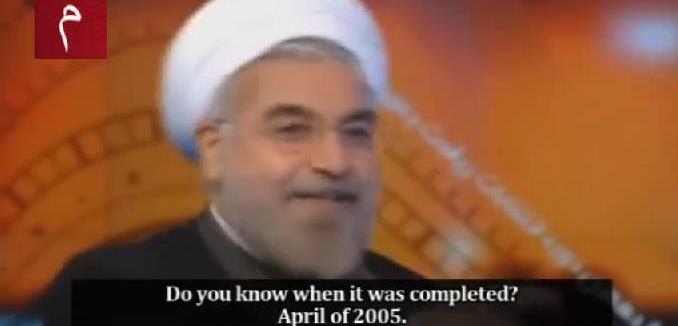U.S. lawmakers have already made clear what they consider to be the broad outlines of any meaningful deal surrounding Iran’s nuclear program, which is widely believed to include a clandestine weaponization component. Reflecting an emerging bipartisan consensus, Rep. Eliot Engel, the ranking member of the House Foreign Affairs Committee, recently summed up the requirements on Iran as “give up its nuclear program, give up its enrichment, give up its weapons-making capability.”
Speaking to the Senate Foreign Relations Committee last week, Under Secretary of State for Political Affairs Wendy Sherman was blunt [PDF] about what the State Department should do if the Iranians do not make meaningful concessions:
So in the coming weeks, we will be looking to the Iranian government to translate its words into transparent, meaningful, and verifiable actions. We enter this period hopeful, but sober. As Secretary Kerry said, no deal is better than a bad deal. So now it is time to see if negotiations can begin in earnest and generate a positive result.
Sherman also echoed a growing consensus regarding Iranian motivations, and argued that “robust” sanctions have forced Iran to at least suggest that it is interested in talks. The logic has been used by analysts and U.S. lawmakers to insist that the U.S. needs to maintain such pressure in order to extract meaningful concessions from the Islamic republic.
Meanwhile questions continue to swirl about whether newly inaugurated Iranian president Hassan Rouhani is willing or able to halt what is widely believed to be Iran’s drive to acquire nuclear weapons. Yesterday the Times of Israel reported on a four-month-old video clip that was getting “renewed attention”:
In a video clip now gaining fresh attention as the international community seeks to assess his credibility, Iran’s President Hassan Rouhani bragged on Iranian state television just four months ago that he and the regime utterly flouted a 2003 agreement with the IAEA in which it promised to suspend all uranium enrichment and certain other nuclear activities.
Click to watch the video of the interview:
[Photo: MMEMonitorMideast / YouTube ]




